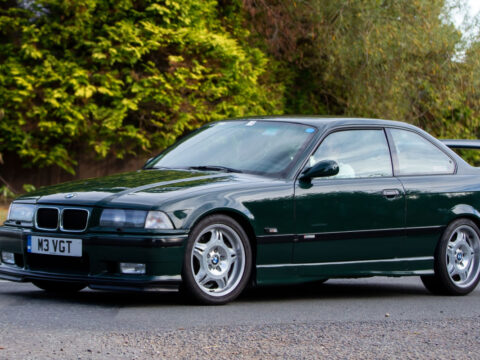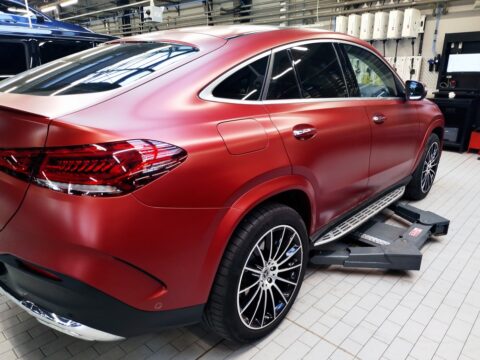Your car’s engine is the heart of your vehicle, and keeping it healthy is crucial for its longevity and performance. However, many drivers unknowingly engage in habits that can cause significant engine damage over time. In this article, we’ll explore 20 bad habits that are ruining your car’s engine and provide tips on how to avoid them, ensuring your vehicle runs smoothly for years to come.
Contents
Skipping Regular Maintenance
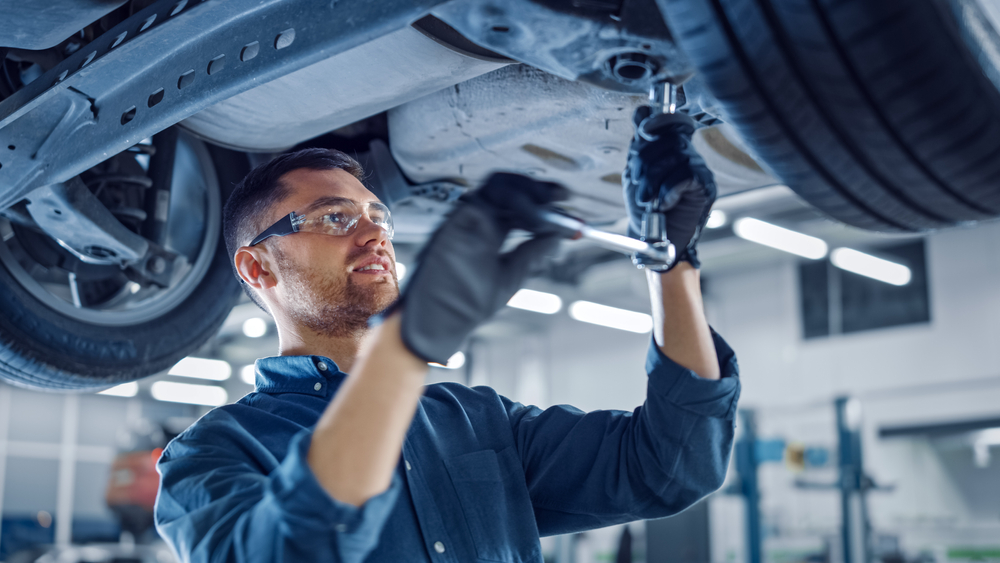
Regular maintenance is essential for identifying and fixing minor issues before they become major problems. Routine checks and services, such as oil changes and filter replacements, keep the engine running efficiently and can significantly extend its lifespan.
Ignoring the Check Engine Light
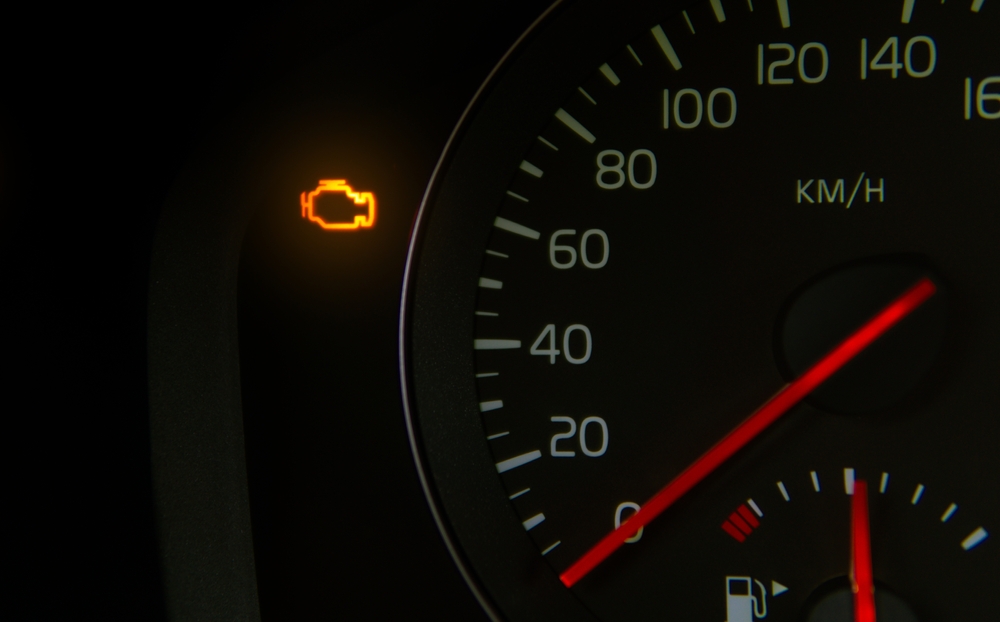
The check engine light is a critical indicator that something is wrong with your vehicle. Ignoring it can lead to severe engine damage, as it might signal issues like a malfunctioning sensor, misfire, or catalytic converter problem.
Using Cheap or Incorrect Oil
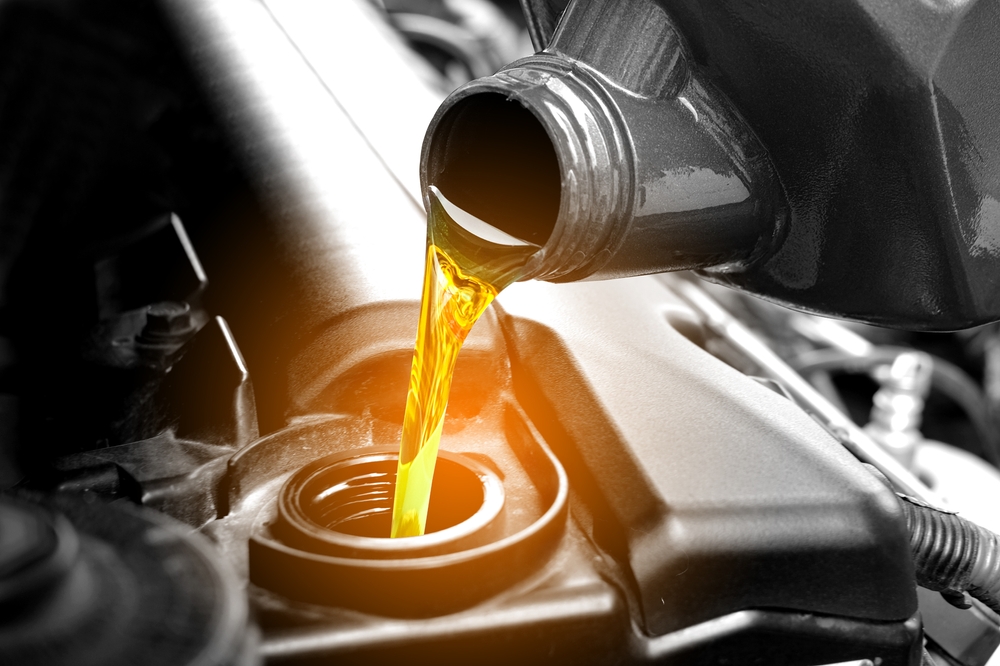
Engine oil lubricates and protects the engine’s moving parts. Using cheap or incorrect oil can lead to poor lubrication, increased friction, and overheating, which can cause serious engine damage over time.
Revving the Engine When Cold
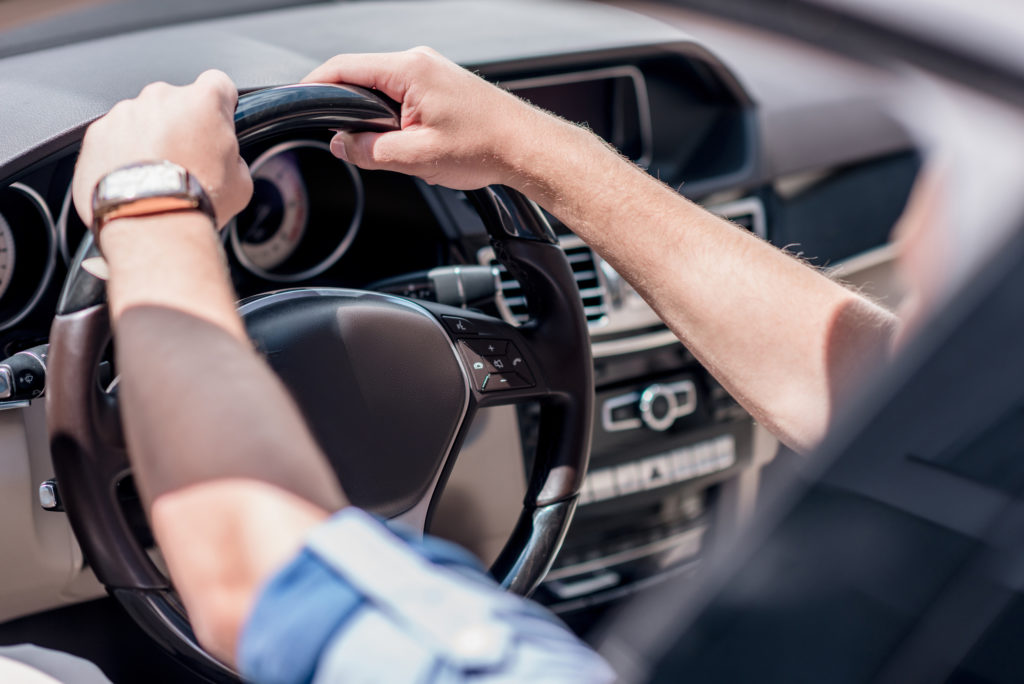
Revving a cold engine puts unnecessary stress on its components, as the oil has not yet warmed up and circulated properly. This habit can lead to increased wear and tear, shortening the engine’s lifespan.
Driving on Low Fuel
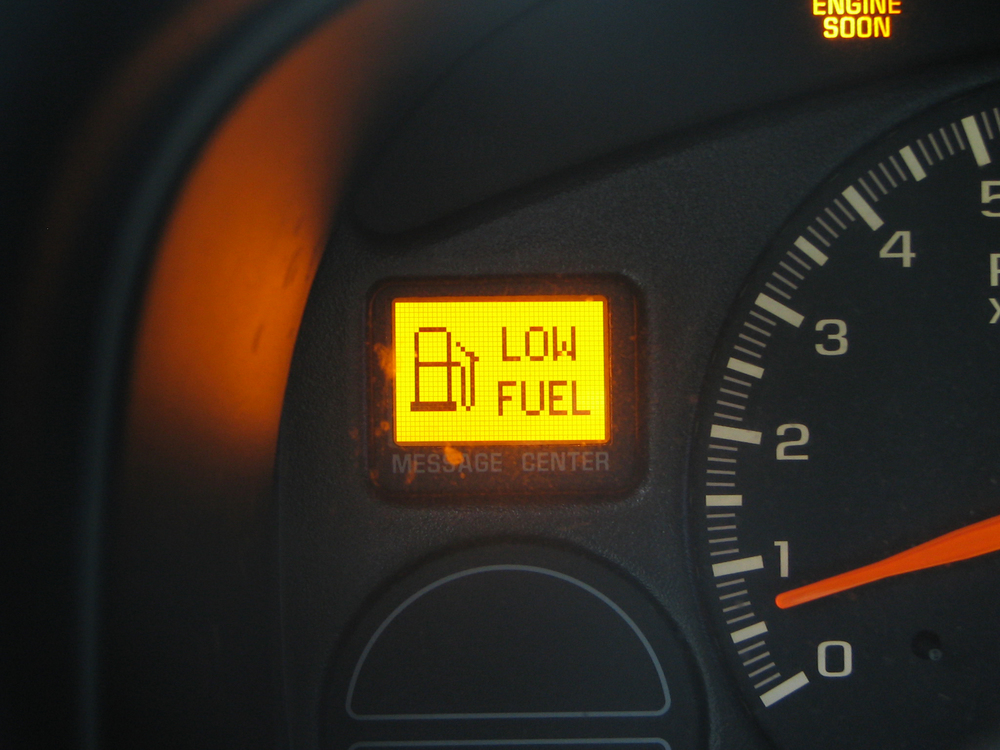
Driving with a low fuel level can cause the fuel pump to overheat and fail, as it relies on the fuel for cooling and lubrication. Additionally, sediment from the bottom of the tank can clog the fuel filter and injectors.
Neglecting Oil Changes
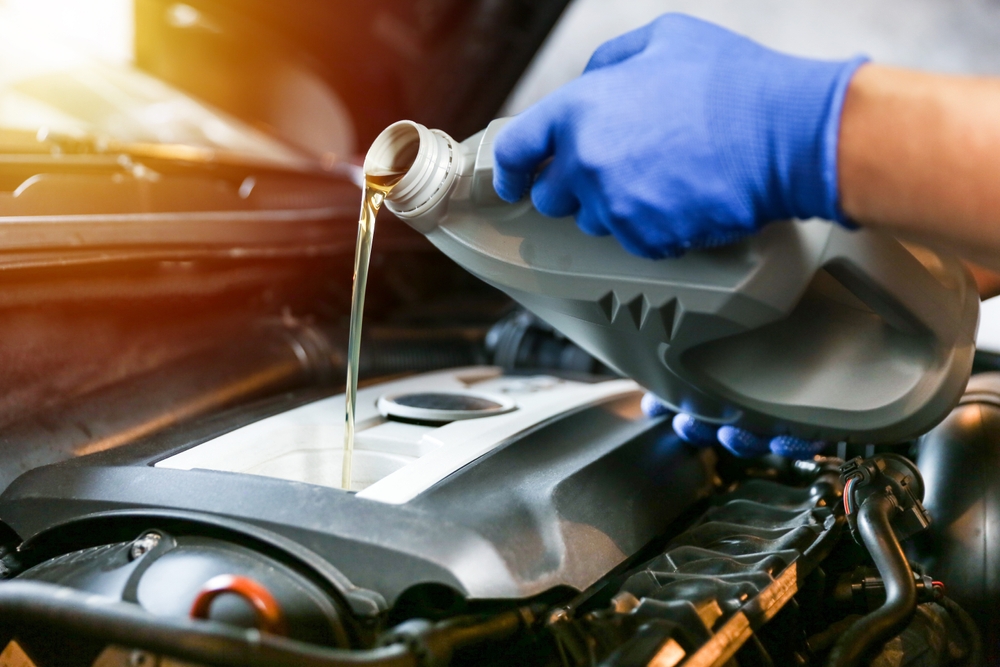
Oil degrades over time and loses its ability to lubricate and protect the engine. Neglecting oil changes can lead to sludge buildup, increased friction, and overheating, which can severely damage the engine.
Using the Wrong Fuel
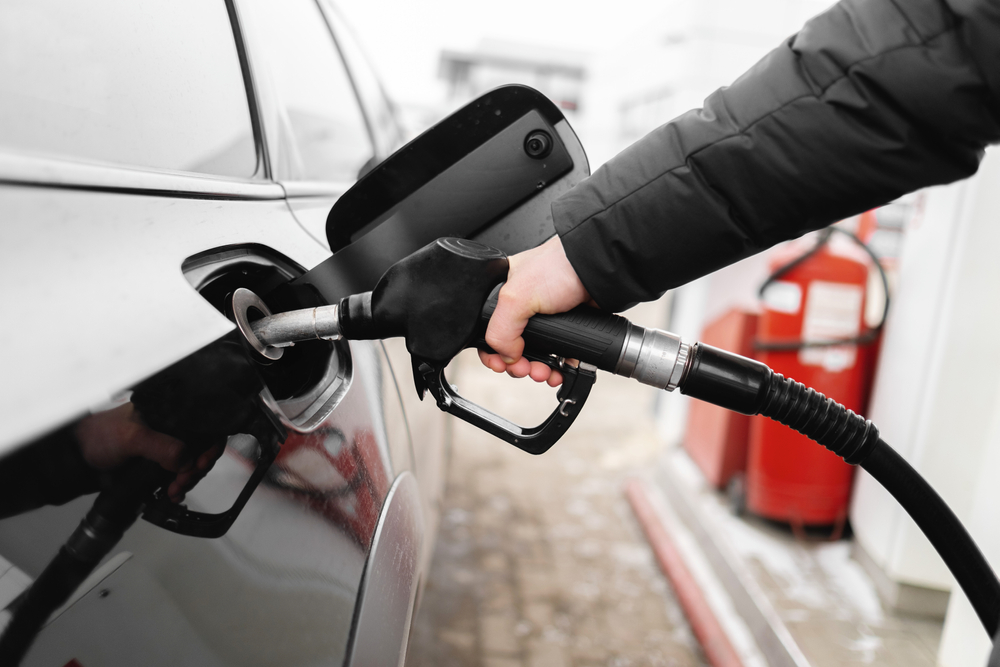
Using a lower octane fuel than recommended can cause knocking or pinging, leading to engine damage. High-performance engines, in particular, require specific fuel types to operate efficiently and avoid damage.
Overloading the Car

Overloading your vehicle puts extra strain on the engine, transmission, and suspension. This added stress can lead to overheating, premature wear, and potentially catastrophic engine failure.
Skipping Air Filter Replacements
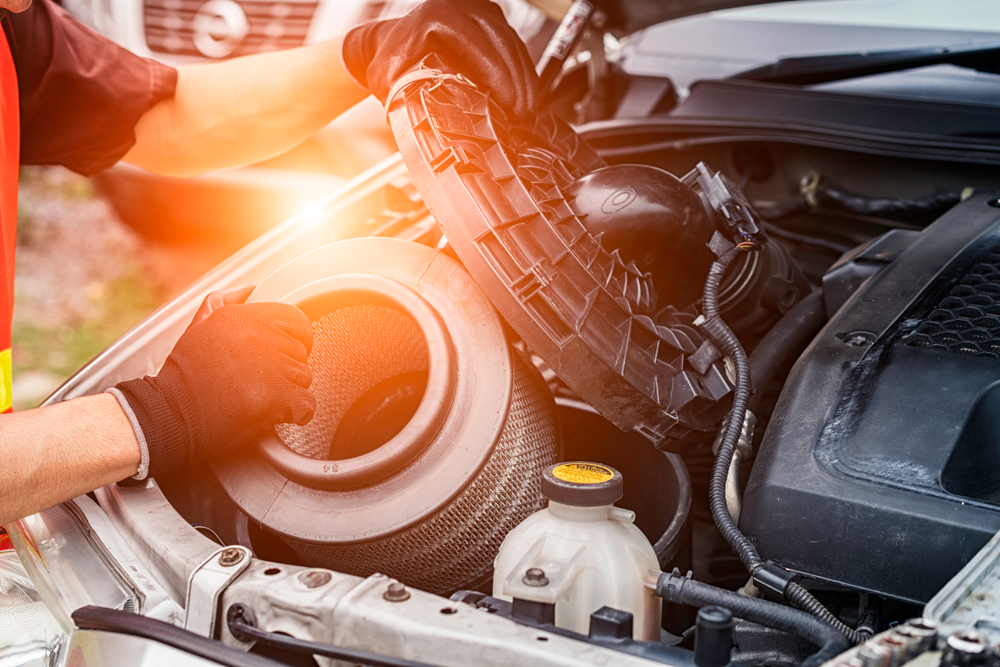
A clogged air filter restricts airflow to the engine, reducing its efficiency and performance. This can lead to a rich fuel mixture, which can cause carbon buildup and damage to engine components.
Driving Aggressively

Frequent hard acceleration and sudden stops put extra stress on the engine and other components. This driving style increases wear and tear, leading to a shorter engine life and higher maintenance costs.
Ignoring Fluid Leaks
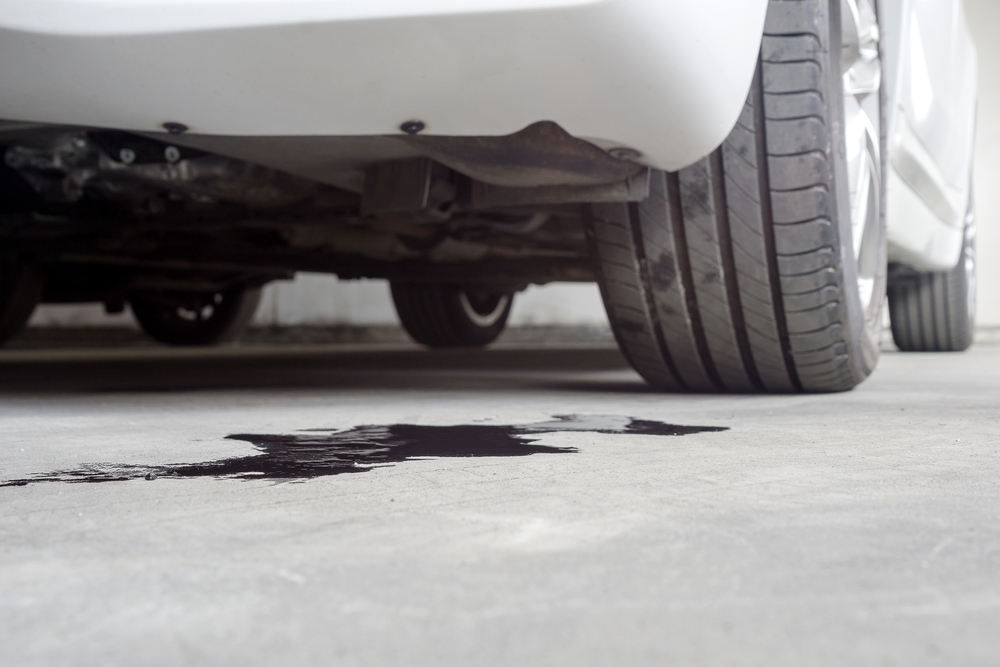
Fluid leaks can lead to a variety of engine problems, from overheating due to coolant loss to insufficient lubrication from oil leaks. Addressing leaks promptly can prevent extensive and costly engine damage.
Using the Wrong Coolant
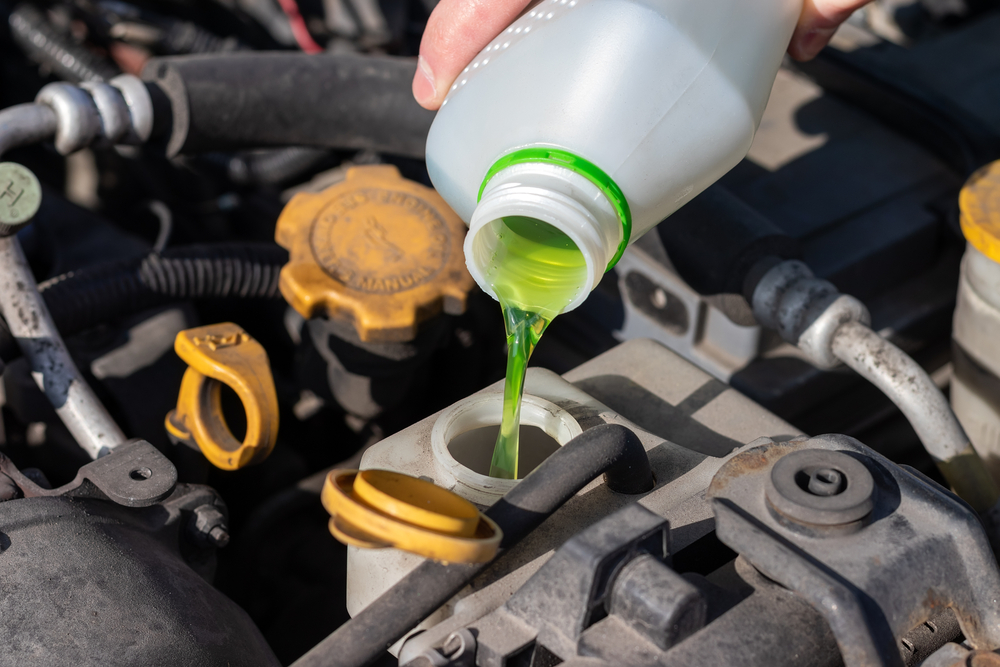
The wrong type of coolant can cause overheating and corrosion within the engine. Using the correct coolant mixture helps maintain optimal engine temperature and prevents internal damage.
Ignoring Overheating Signs
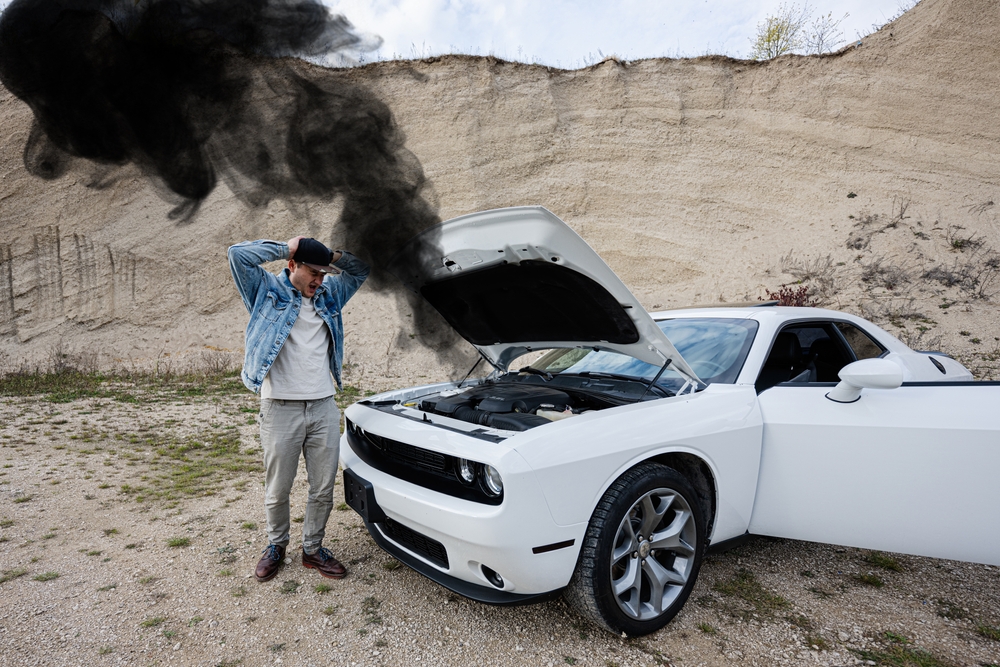
Continuing to drive an overheating car can cause significant engine damage, including a blown head gasket or warped engine block. Addressing overheating issues immediately can prevent costly repairs.
Using Low-Quality Fuel
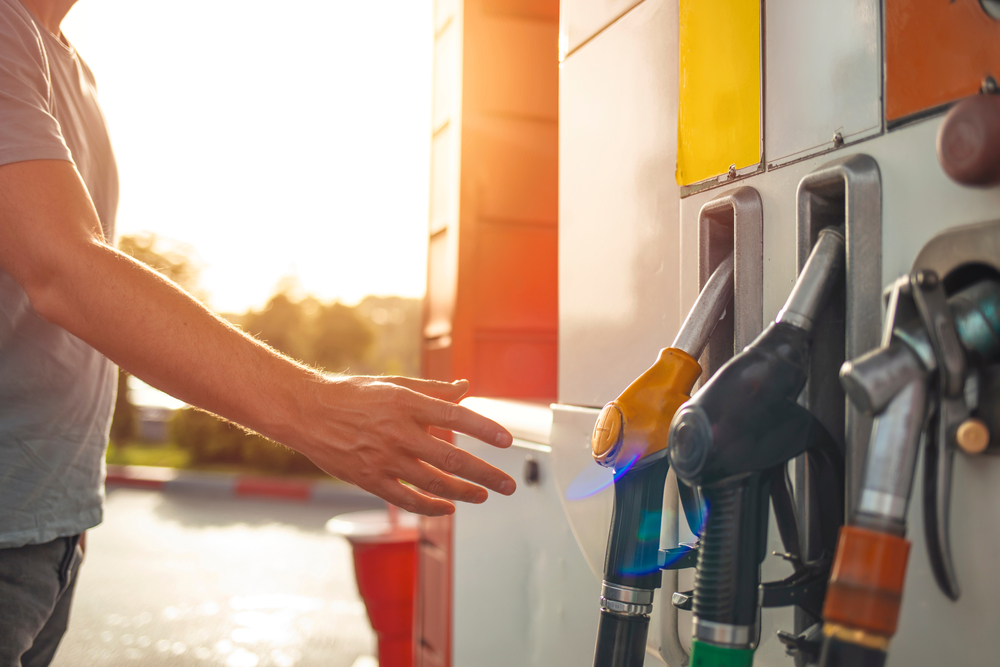
Cheap fuel may contain impurities and lower-quality additives that can harm the engine. Consistently using high-quality fuel ensures better performance and longevity for your engine.
Neglecting Spark Plug Replacement
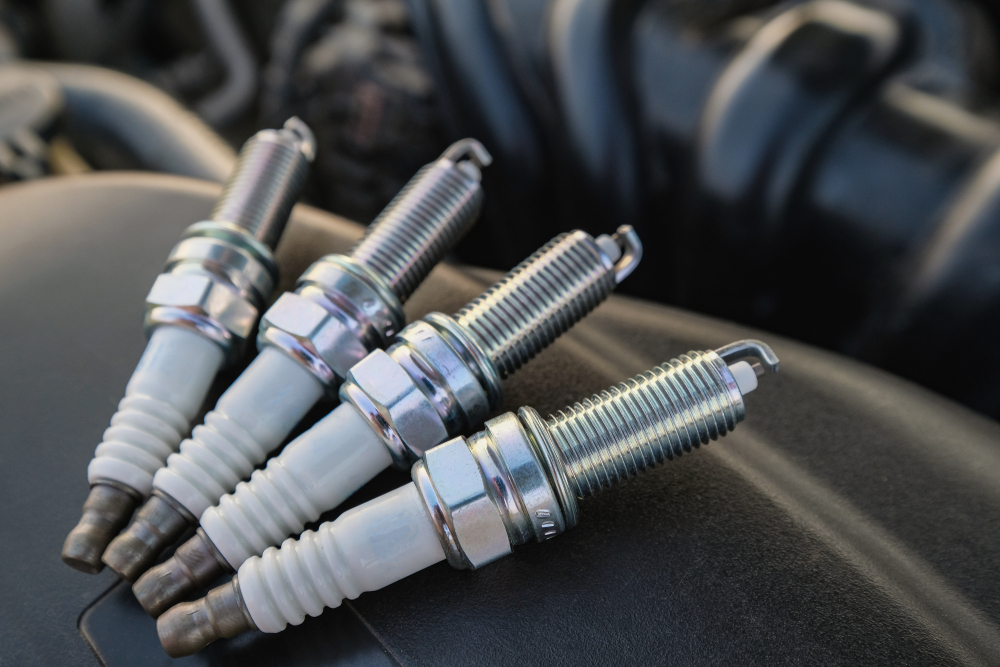
Worn spark plugs can cause misfires, reduced fuel efficiency, and increased emissions. Regular replacement of spark plugs is essential for maintaining optimal engine performance and health.
Skipping Timing Belt Replacement
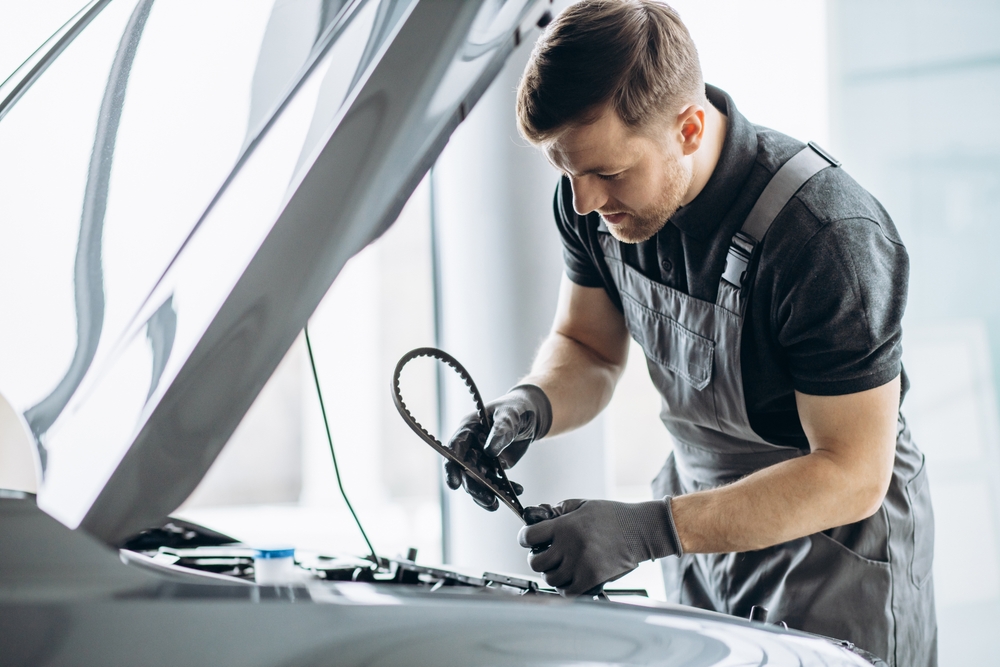
A broken timing belt can lead to catastrophic engine failure, as it synchronizes the movement of the engine’s components. Regular replacement according to the manufacturer’s schedule is crucial.
Ignoring Battery Maintenance
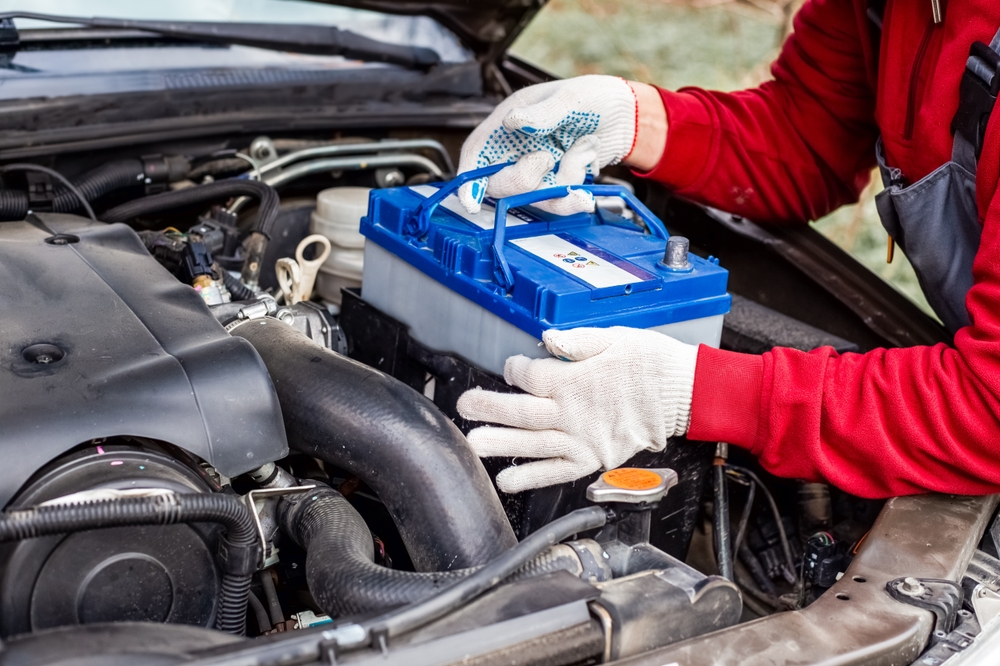
A weak or failing battery can put extra strain on the engine, especially during startup. Regular battery checks and maintenance ensure reliable performance and prevent engine stress.
Using Poor Quality Parts
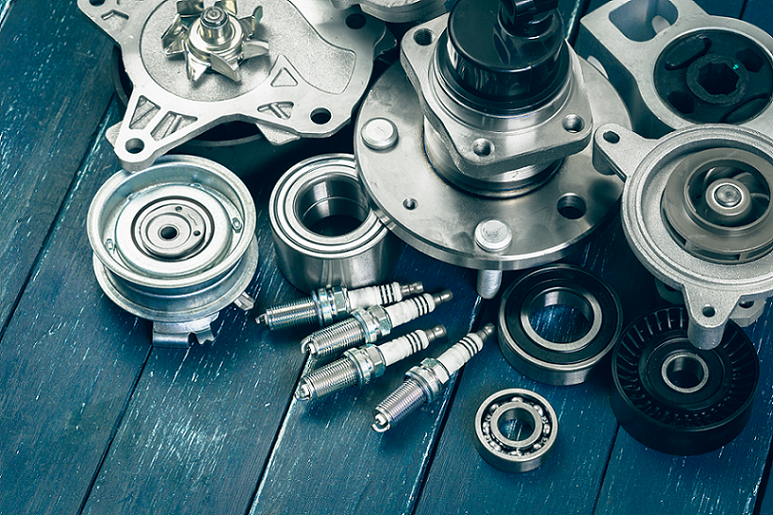
Cheap replacement parts may fail prematurely, causing engine damage. Investing in high-quality, OEM parts ensure better reliability and compatibility, protecting your engine in the long run.
Not Warming Up the Engine
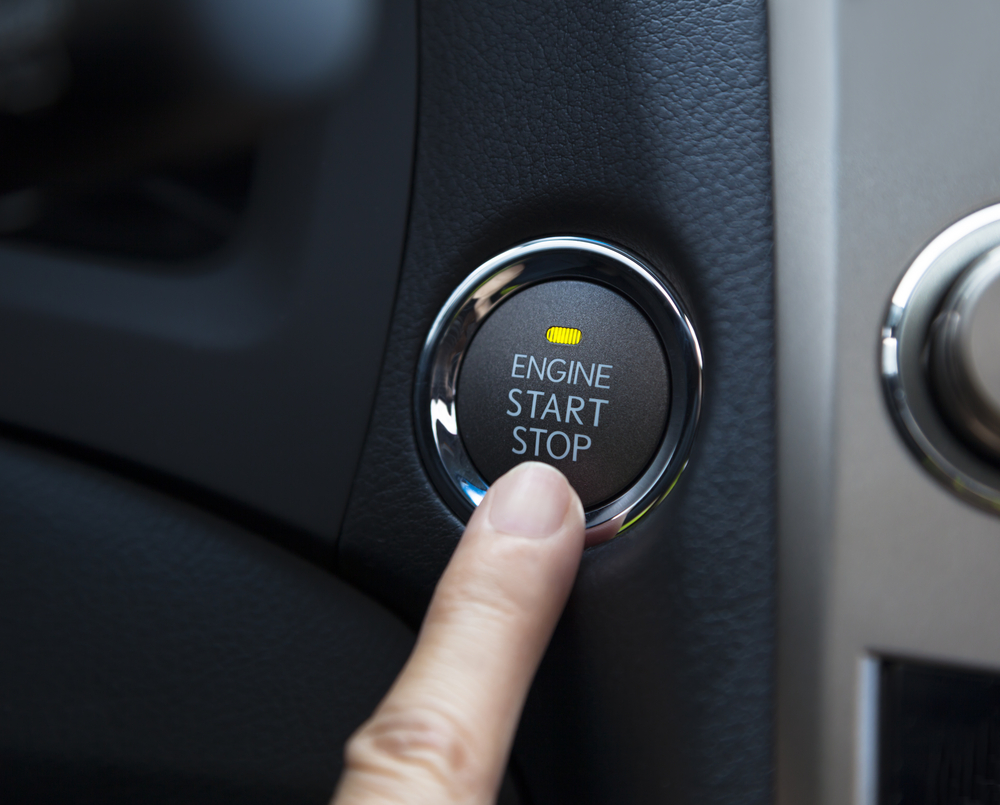
Driving immediately after starting the engine can cause excessive wear, as the oil hasn’t fully circulated. Allowing the engine to warm up for a few minutes ensures proper lubrication and reduces wear.
Ignoring Engine Tune-Ups
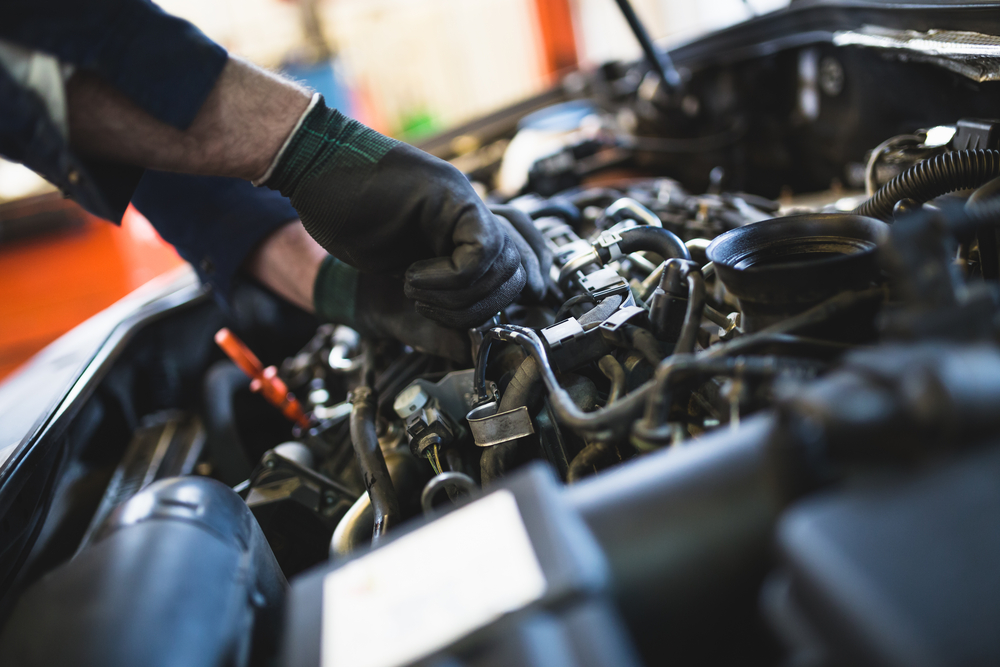
Regular engine tune-ups ensure that all components are functioning correctly and efficiently. Skipping tune-ups can lead to decreased performance, higher emissions, and potential engine damage.
This article originally appeared in MyCarMakesNoise.
More from MyCarMakesNoise
10 Visionary Designers of the World`s Speediest Motorcycles

Ten visionary designers have not only pushed these machines to set speed records but have also transformed the landscape of two-wheeled performance with their groundbreaking designs. Read More.
13 Timeless Vintage Convertibles That Always Impress

These timeless classics symbolize freedom and style, captivating collectors and driving enthusiasts worldwide. Read More.
15 Luxurious Sedans Perfect for Comfortable Road Trips
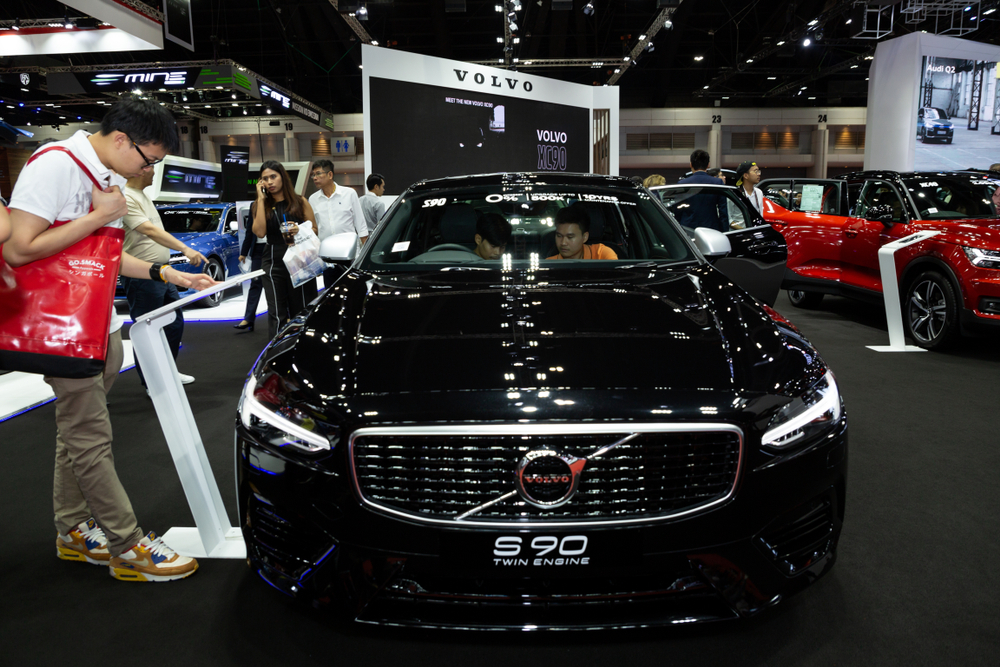
High-end sedans stand out as perfect candidates, offering spacious interiors, cutting-edge technology, and smooth handling. Each model featured here is crafted to enhance your driving experience, ensuring that each mile traveled is as pleasurable as it is memorable. Read More.


